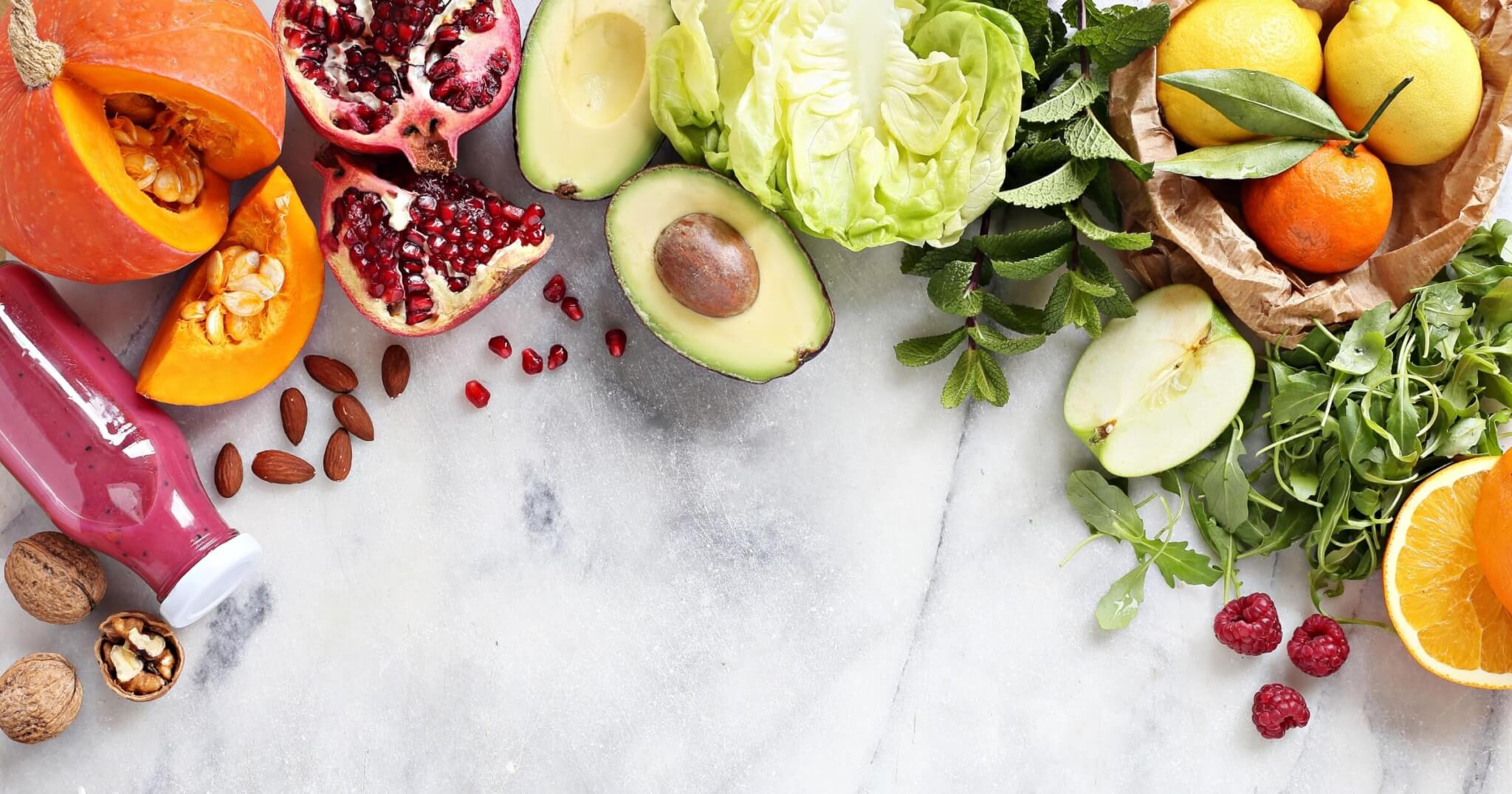Trying to eat more plant-based but worried about getting enough protein? Whether you’re fully vegan, vegetarian, or just cutting back on meat, there are plenty of plant based foods that pack a serious protein punch. From hearty lentils to protein-rich hemp seeds, you’ve got options—and they’re a lot more versatile (and tasty) than you might think.
Quick look:
- Foods like seitan, lupin beans, and hemp seeds pack major protein—up to 75g per 100g—making them smart swaps for meat.
- From blending tofu into smoothies to sprinkling hemp seeds on oatmeal, these versatile ingredients fit effortlessly into everyday meals.
- Plant-based foods also deliver fiber, healthy fats, and key nutrients like iron, magnesium, and antioxidants.
- Research links plant proteins to better heart health, reduced inflammation, and sustained energy—benefits that go beyond the gym.
10 Plant-based foods high in protein
1. Seitan
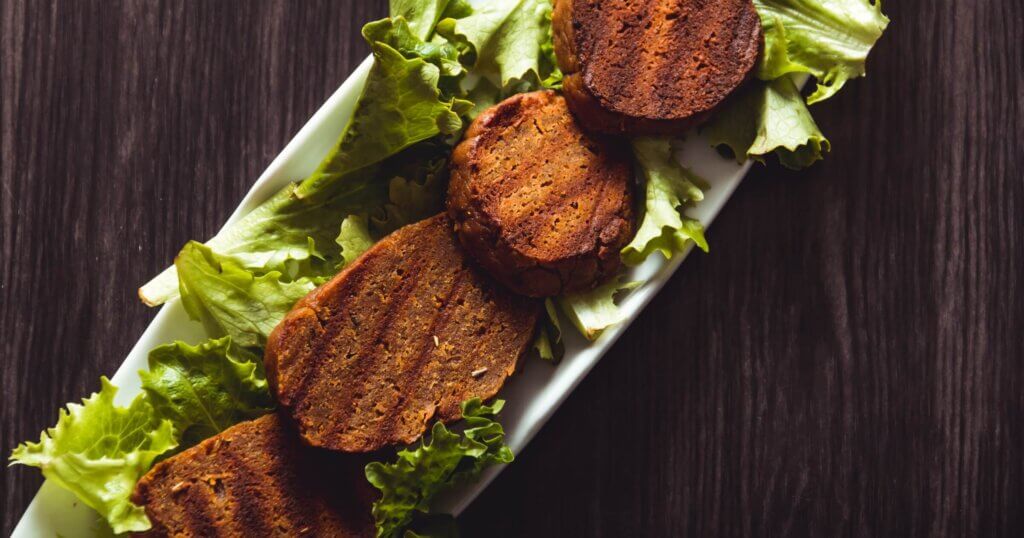
Protein per 100g: ~75g
Seitan is made from wheat gluten and is one of the highest plant-based protein sources out there. With its dense, chewy texture, it’s often called “wheat meat”—and for good reason. It’s super versatile and soaks up flavors like a sponge, making it a favorite in everything from stir-fries and curries to sandwiches and kebabs. Whether grilled, pan-fried, or tossed into tacos, seitan delivers big on both texture and protein.
2. Soybeans (Tofu)
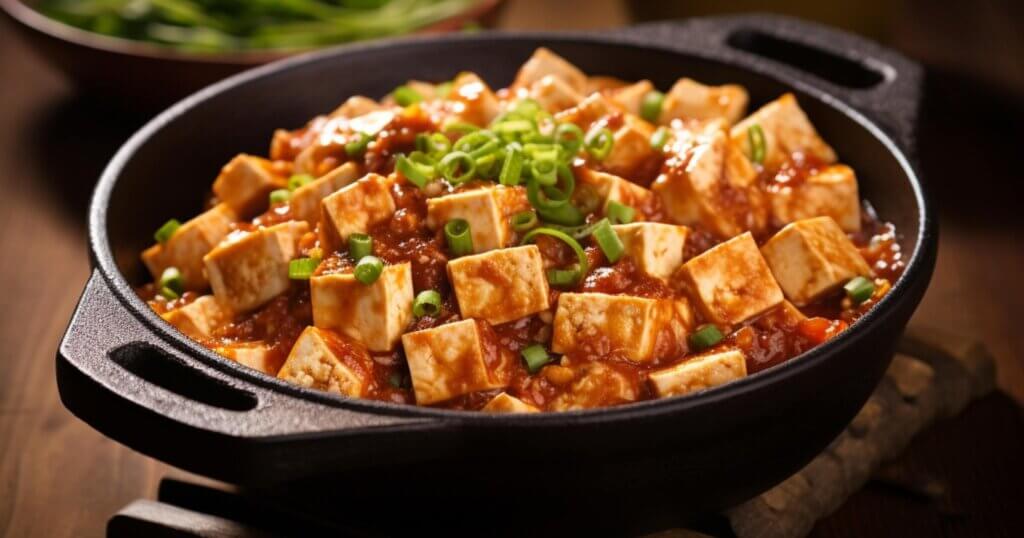
Protein per 100g: ~8g (firm tofu)
Tofu, made from coagulated soy milk, is a staple in many plant-based kitchens. It’s a complete protein, meaning it contains all nine essential amino acids your body needs. Firm tofu holds its shape well, making it perfect for grilling, pan-frying, or tossing into stir-fries. You can also blend it into smoothies for a protein boost or use it as a meat substitute in everything from tacos to noodle bowls. Plus, its mild flavor takes on whatever seasonings you throw at it.
3. Lupin beans
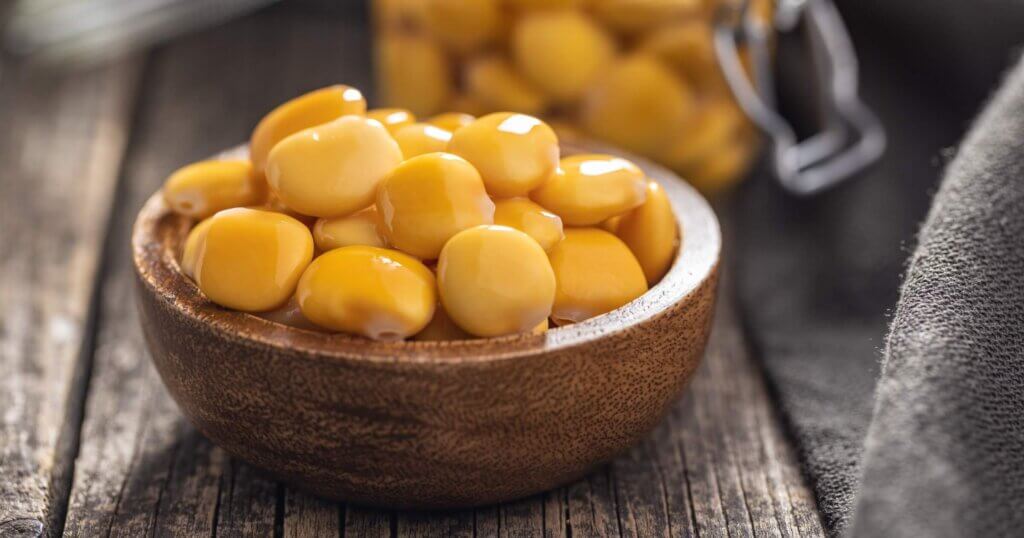
Protein per 100g: ~36g
Lupin beans are bright yellow legumes that often fly under the radar. With an impressive 36 grams of protein per 100 grams, they’re one of the highest plant-based protein sources out there. Rich in fiber and essential nutrients, they’re especially popular in Mediterranean diets and are great for gut health and long-lasting energy. You can snack on them straight from the jar, toss them into salads for added texture, or blend them into creamy, hummus-style dips.
4. Lentils
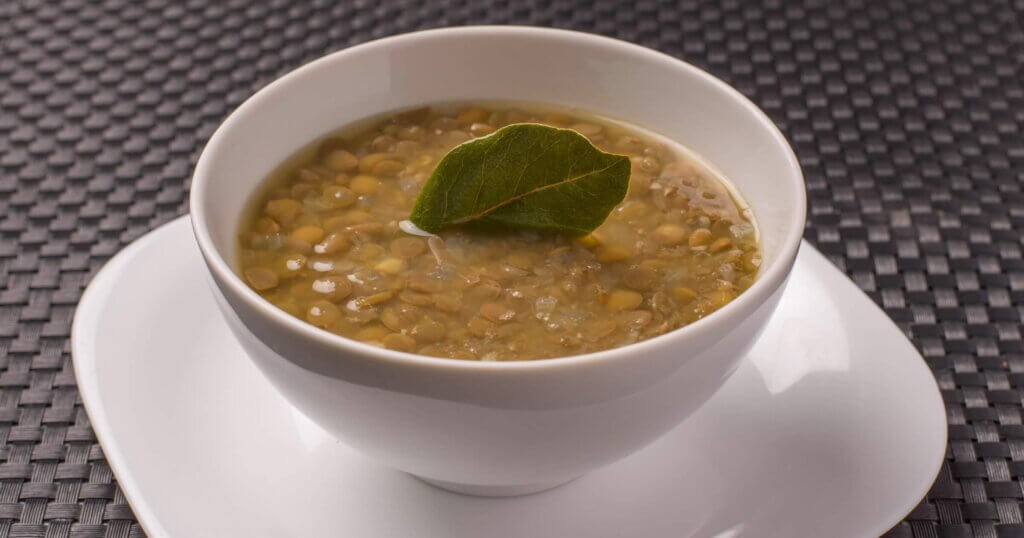
Protein per 100g: ~9g
Lentils are a budget-friendly plant protein loaded with fiber, iron, and plenty of staying power. Whether you go for red, green, or brown varieties, they cook up fast and do an amazing job soaking in the flavors of whatever you’re cooking. Their hearty texture makes them a go-to for soups, stews, and salads—and they’re also a solid base for homemade veggie burgers. Plus, they’re shelf-stable and super easy to keep on hand for quick, protein-packed meals.
5. Hemp seeds
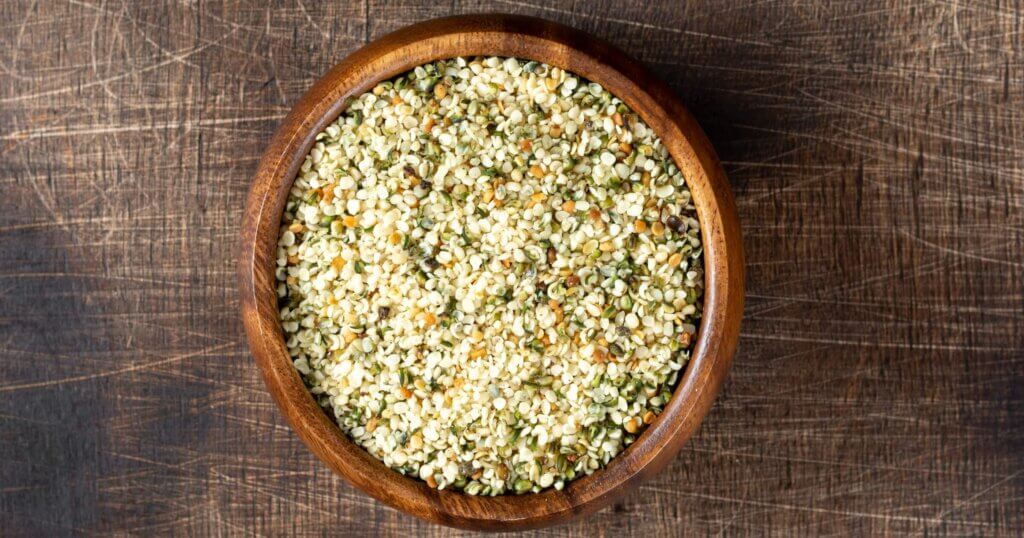
Protein per 100g: ~31g
Don’t let their tiny size fool you—hemp seeds are loaded with protein, offering a complete amino acid profile along with heart-healthy omega-3 and omega-6 fatty acids. They’re a nutritional powerhouse that supports muscle repair, brain function, and overall wellness. Mild and nutty in flavor, hemp seeds are easy to add to your daily routine—sprinkle them over oatmeal, toss them into smoothies, or mix them into homemade energy or protein bars.
6. Tempeh
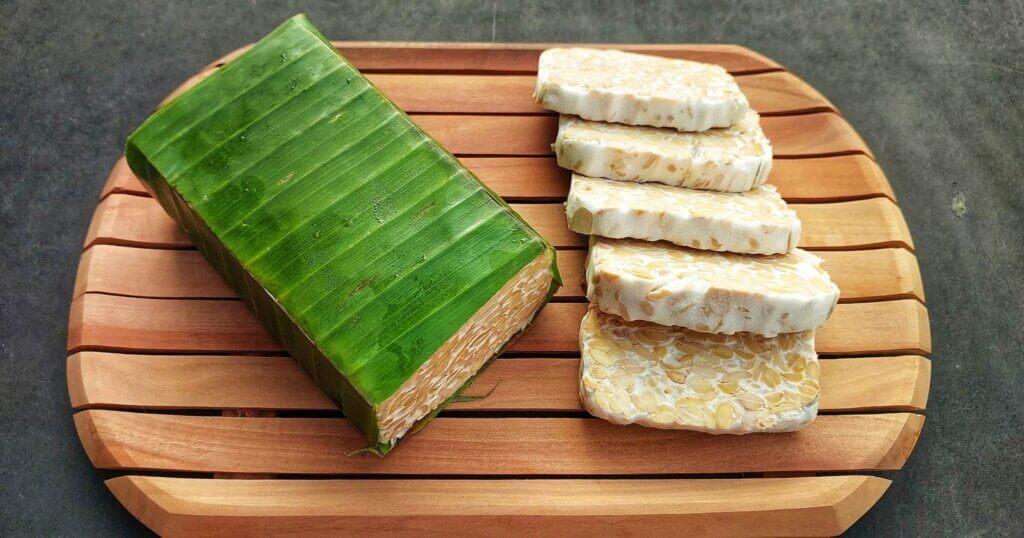
Protein per 100g: ~19g
Tempeh is a fermented soy product that’s firmer and nuttier than tofu. Thanks to the fermentation process, tempeh is easier to digest and improves gut health. Its dense texture holds up well in the pan or on the grill, making it perfect for stir-fries, sandwiches, or skewers. You can also crumble it into tacos or marinate it to bring out its rich, savory flavor.
7. Pumpkin seeds
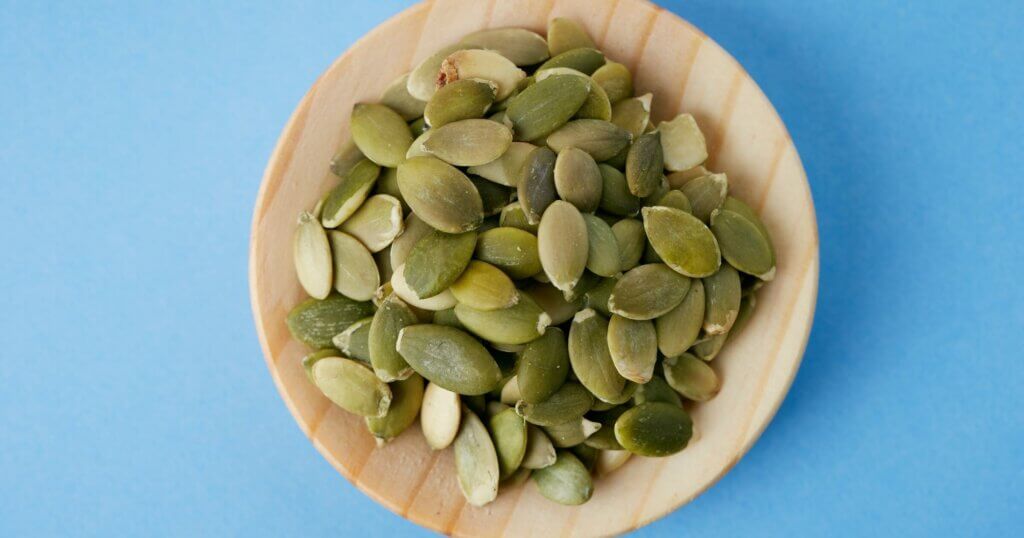
Protein per 100g: ~30g
Also known as pepitas, pumpkin seeds are small but mighty when it comes to nutrition. They’re loaded with protein, magnesium, and zinc—key nutrients that support immune function, muscle recovery, and overall energy levels. Their crunchy texture and nutty flavor make them a perfect topping for yogurt, oatmeal, and salads. You can also mix them into granola, bake them into muffins, or toss them into homemade energy bars for an easy protein boost.
8. Edamame
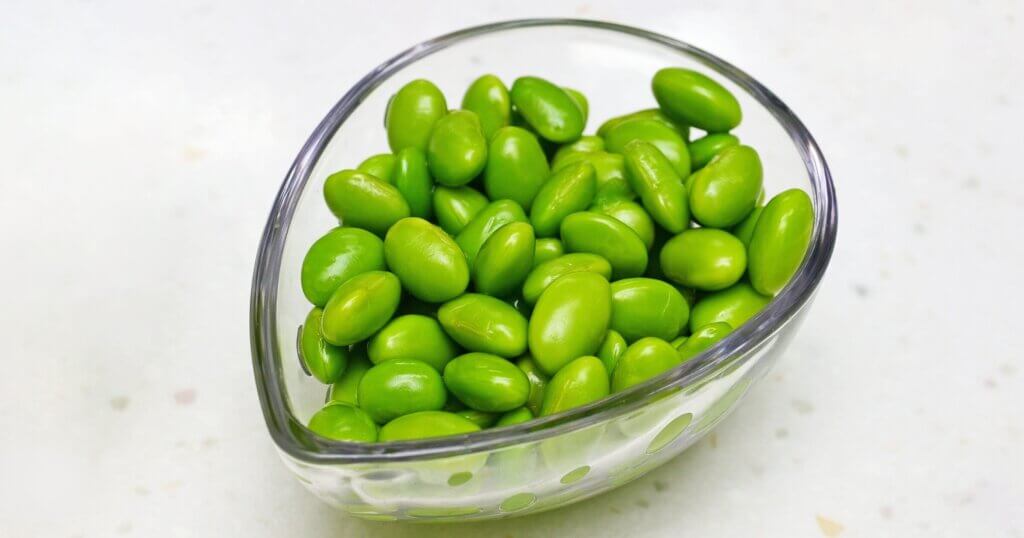
Protein per 100g: ~11g
Edamame are young, green soybeans that offer a solid dose of plant-based protein along with fiber and antioxidants. They’re a complete protein source, meaning they provide all the essential amino acids your body needs. Popular in Japanese cuisine, edamame makes a tasty and satisfying snack or side dish. You can steam them and sprinkle them with sea salt, toss them into stir-fries, or even blend them into creamy dips for a fresh, protein-packed twist.
9. Chickpeas
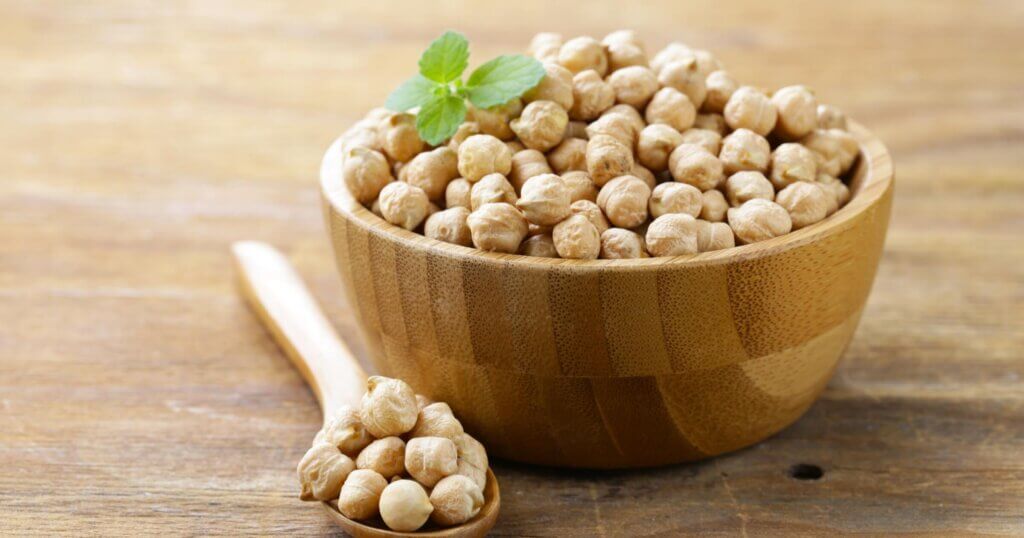
Protein per 100g: ~9g
Chickpeas, also known as garbanzo beans, are a go-to in Middle Eastern and Indian dishes. They’re rich in protein, fiber, and iron, making them a filling and heart-healthy choice. Chickpeas also help regulate blood sugar levels, which is a big plus for sustained energy. You can blend them into creamy hummus, simmer them in stews and curries, or roast them with spices for a crunchy, satisfying snack.
10. Peanuts
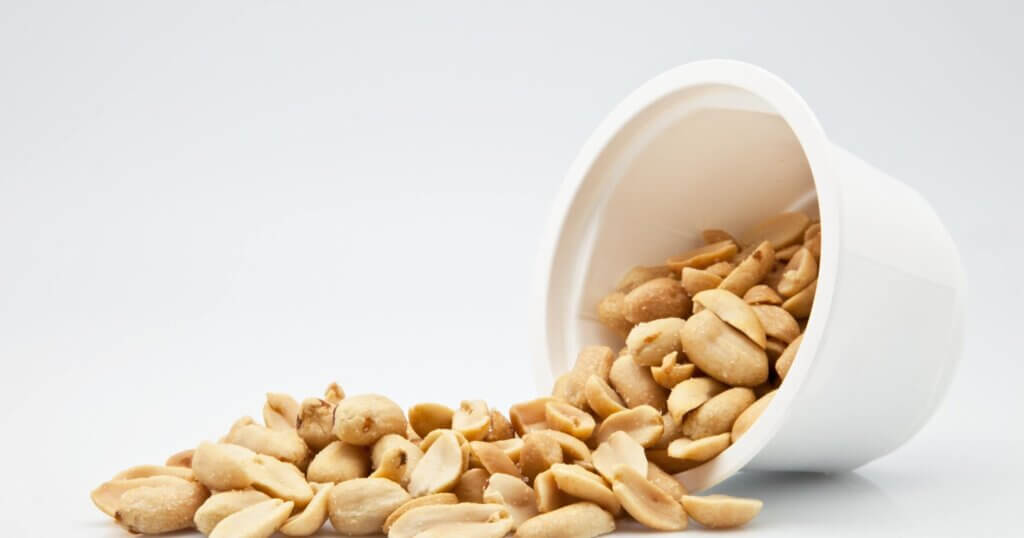
Protein per 100g: ~25g
Peanuts might be known as a classic snack, but they’re actually a legume. With a solid 25 grams of protein per 100 grams, plus healthy fats and antioxidants, peanuts are great for supporting muscle growth and keeping energy levels steady. Enjoy them as creamy peanut butter, toss them into trail mix, or sprinkle crushed peanuts over salads and stir-fries for extra crunch and flavor.
Why incorporate plant-based proteins into your diet?
Plant-based proteins deliver a wide range of nutrients that many animal proteins don’t. Foods like legumes, seeds, and whole grains provide fiber, essential vitamins, and minerals such as magnesium, iron, and folate, which support everything from digestion to immunity.
Research shows that diets rich in plant proteins are linked to lower blood pressure and cholesterol. Several studies also confirm that replacing red meat with plant-based protein sources was associated with a decreased risk of cardiovascular disease and mortality.
Plant-based diets may also help reduce inflammation. According to a study in Current Developments in Nutrition, people who ate more plant-based foods had lower levels of inflammatory markers in their blood.
Does this mean you should cut out meat entirely? The simple answer is no.
Meat has its place in your diet, but it shouldn’t be a primary focus as the majority of North Americans eat more meat than they need. Combining a variety of plant foods throughout the day, like beans, whole grains, seeds, and nuts, can provide all nine essential amino acids just like meat does, supporting muscle maintenance and growth. In addition, eating more plant-based will help reduce inflammatory markers by increasing your vitamin and mineral intake and lowering your caloric intake.
Bottom line
Incorporating high-protein plant foods doesn’t have to be difficult or dull. With options like lentils, tempeh, hemp seeds, and even peanuts, it’s easy to build balanced, satisfying meals that fuel your body. Whether you’re fully plant-based or just looking to cut back on meat, these plant-based picks are packed with protein and essential nutrients, making them a smart addition to any diet.
Ready to keep your meals healthy, protein-packed, and exciting? Subscribe to our newsletter for more nutritious tips, recipe ideas, and plant-powered inspiration delivered straight to your inbox!
